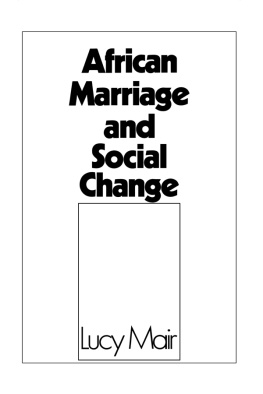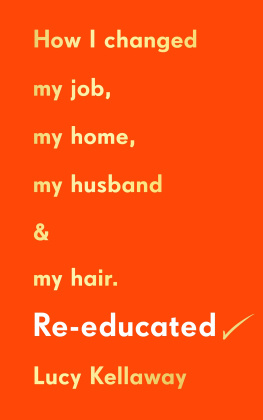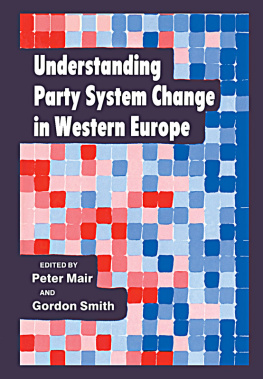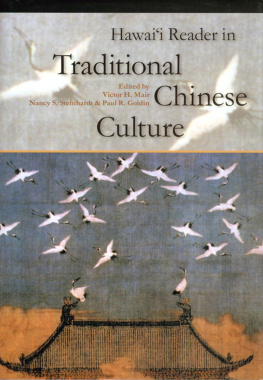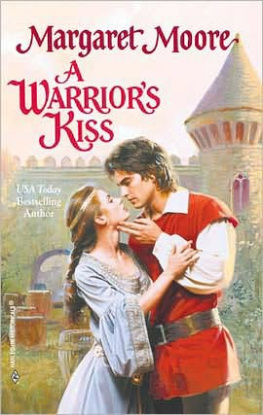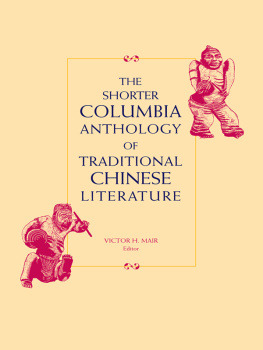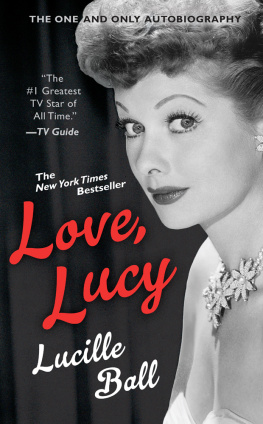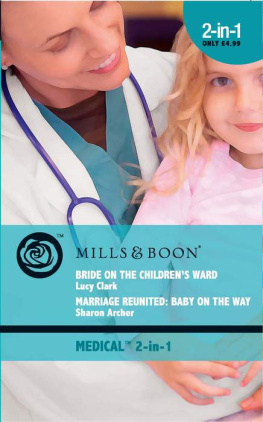First Published in Great Britain in 1969 by
Routledge
Published 2013 by Routledge
2 Park Square, Milton Park, Abingdon, Oxon, OX14 4RN
711 Third Avenue, New York, NY 10017 USA
This edition Copyright 1969
Reprinted in 1969 from Part I of
Survey of African Marriage and Family Life,
edited by Arthur Phillips, with extracts from
the editors Introductory Essay to the original volume
Routledge is an imprint of the Taylor & Francis Group, an informa business
Second impression 1984
Survey of African Marriage and Family Life
was published in 1953 by the
Oxford University Press for the
International African Institute.
ISBN 978 0 714 61908 8
ISBN 978-1-315-03362-4 (eISBN)
All rights reserved. No part of this publication may be reproduced, stored in a retrieval system, or transmitted, in any form, or by any means, electronic, mechanical, photocopying, recording or otherwise, without the prior permission of Routledge
Publishers Note
The publisher has gone to great lengths to ensure the quality of this reprint but points out that some imperfections in the original may be apparent
Preface
As is clear from the terms of reference of the original Survey of African Marriage and Family Life , for which the study reprinted in this volume was prepared, the project was conceived as an experiment in practical anthropology. Its findings were to produce for policy-makers a picture of the forces producing changes in family relationships and in the stability of marriage to which legislators, civil or religious, could refer when deciding what practices to treat as permissible and what to forbid.
An anthropologist who seeks to interpret African society to Western readers is apt to feel that he must begin by clearing away misconceptions. He knows that what he describes will be alien to their experience, and is anxious to make it plain at the outset that it should not on that account be considered inferior. This book, moreover, was addressed to readers who were directly concerned with the divergence of African customs from what has been regarded as the civilized, or Christian, ideal.
For this reason it has laid more emphasis than is usual in works of theoretical anthropology on specific aspects of African marriage where it has been assumed that the divergence was most marked, such as the freedom of choice accorded to women and their posititon within the domestic group. These questions are answered in every monograph, but comparative analysis is generally more concerned with types of jural arrangement, such as the legitimacy of children and its bearing on inheritance rules.
Family and household continue to be the basic social groups in rural Africa. Every new piece of fieldwork adds to our knowledge of them, and generalizations are always being refined. The connexion between marriage procedures and modes of reckoning descent has been shown more clearly since this book was written by Fortes in his Analysis and Description in Social Anthropology ( The Advancement of Science , 1953); there have been new studies of the significance of marriage as an alliance and of the decision whether to make (or receive) a complete marriage payment or maintain a relationship of debt between affines ( Marriage in Tribal Societies , Cambridge Papers in Social Anthropology 3,1962).
Much more work has been done on the ways in which matrilineal societies resolve, or try to resolve, the conflict between male headship of the domestic group and the childrens membership of their mothers property-holding corporation, notably by Colson ( Marriage and the Family among the Plateau Tonga , 1958; Social Organization of the Gwembe Tonga , i960), Turner ( Schism and Continuity in an African Society ,1957) and Van Velsen ( The Politics of Kinship , 1964).
Colsons two books discuss the additional strains that have been put on matrilineal systems by the entry into the money economy. Barness account of the breakdown of traditional marriage procedures among the rural Ngoni of Zambia has been strikingly paralleled by Pauw, The Second Generation , on the urban Xhosa of East London, South Africa.
The collection of essays edited by Denise Paulme, Women of Tropical Africa (English translation 1963) gives information on French-speaking Africa, a field in which data were scarce when this book was written; it includes a study of urban life in Dakar. The New Elites of Tropical Africa (ed. P. C. Lloyd, 1966) includes essays on marriage and family life among city-dwellers and the new professional classes in Sierra Leone and Western Nigeria. Bantons West African City (1957) has a chapter on domestic life in Freetown. Mary Smiths Baba of Karo (1964) is the autobiography of a Hausa woman who remembered the days before the British occupation.
Another collection edited by R. F. Gray and P. H. Gulliver, The Family Estate in East Africa (1964) deals with property relations such as the distribution of land and livestock between sets of full brothers in a polygynous family and the allocation of bride-wealth contributions and in-payments.
Three recent monographs from French-speaking West Africa contain material on family life. Two deal with peoples of Niger: M. Dupire, Peuls Nomades (1962) and C. Piault, Contribution a I Etude de la Vie Quotidienne de la Femme Maouri (1965). The third, C. Pairault, Boum-le-Grand (1966) describes an Iro village in Tchad.
L.M.
April , 1967
Introduction
By ARTHUR PHILLIPS
(This Introduction is extracted from the longer Introductory Essay of the original volume, Survey of African Marriage and Family Life )
Terms of Reference and Scope of Investigation
T HE objects and general scope of this Survey were defined in a document dated 19 May 1947, prepared by the International African Institute and the Department of Social and Economic Research of the International Missionary Council. It seems desirable to preface our account of the results of the Survey with two extracts from that document, which may be regarded as constituting our terms of reference:
The Importance and Urgency of the Project
Since the close of the first world war there has been a great intensification of modern influences among African peoples. They have experienced the impact of alien political, religious and economic organizations and of various other factors which have shaken the foundations of community life.
There has resulted a wide-spread disintegration of the bonds and sanctions of African society before the people have been able to adjust themselves to the new order.
Many factors in this process of culture change have already engaged the attention of sociological enquirers, but there is one particular field of investigation which has not, as yet, received the special study it demands, namely the effect of modern contacts on African marriage customs and the family system.
The family is the most significant feature of African society, and the process of disintegration is nowhere more apparent than in this central institution. The orderly development of African life will depend in large measure upon the successful maintenance of the solidarity of the family unit in the course of the modification of its role under modern conditions.
Within this general setting of the problem, it is important to note that Colonial statutory law is sometimes ill-adjusted to African customary law in relation to marriage and kindred matters and that there is great divergence in the rules made by Native Authorities and in the practice of Native Courts in respect of matrimonial issues.

